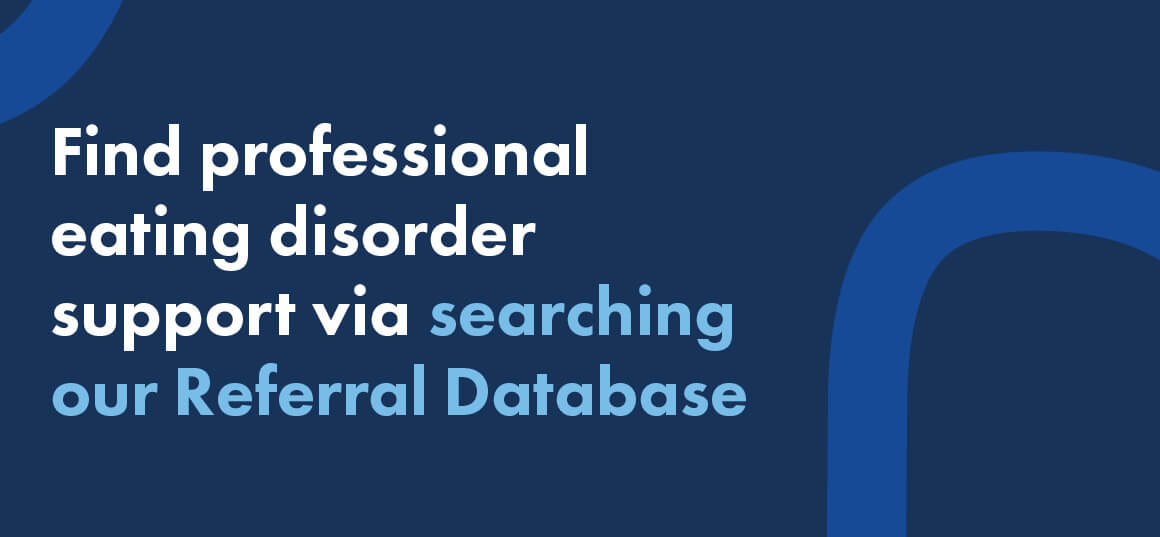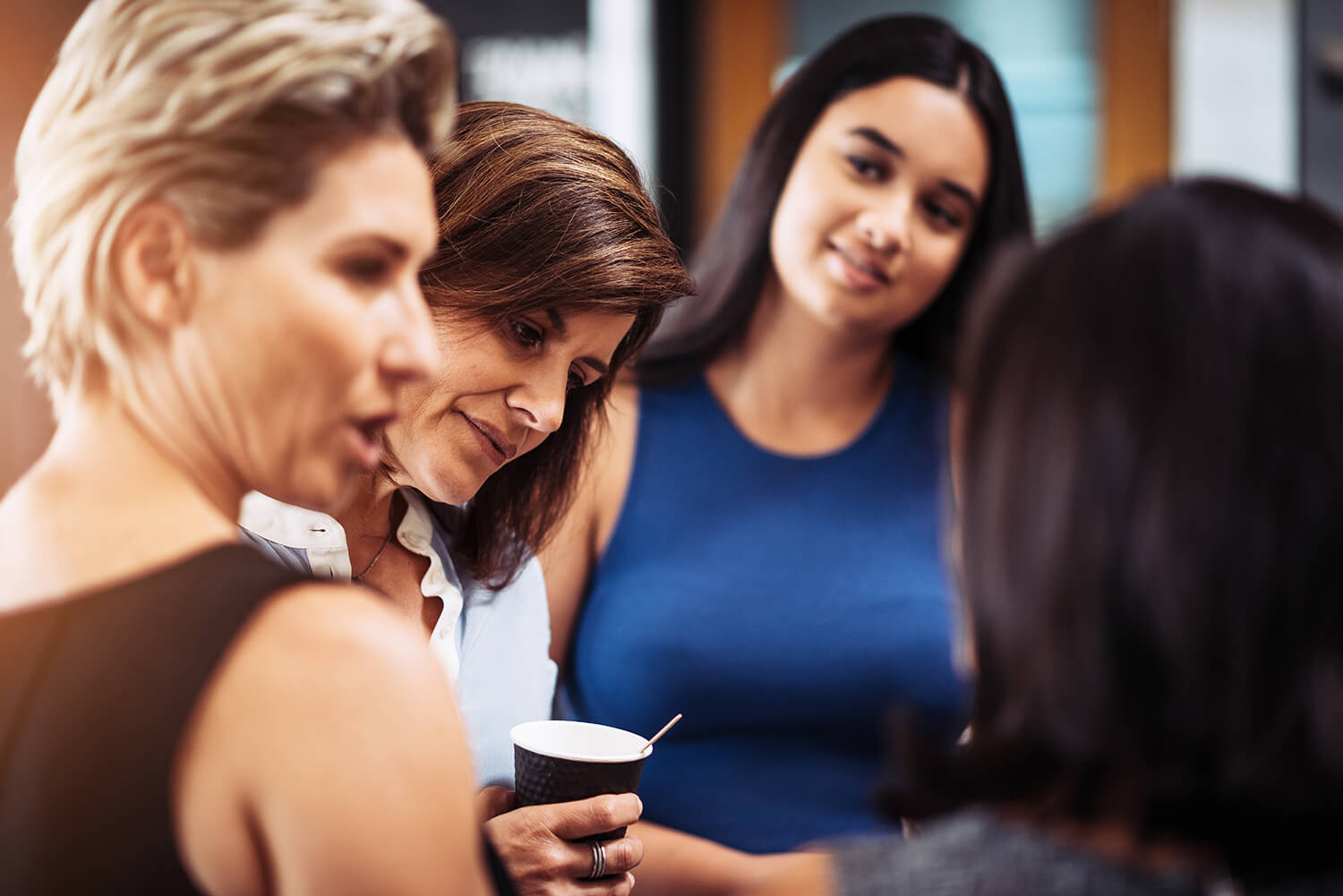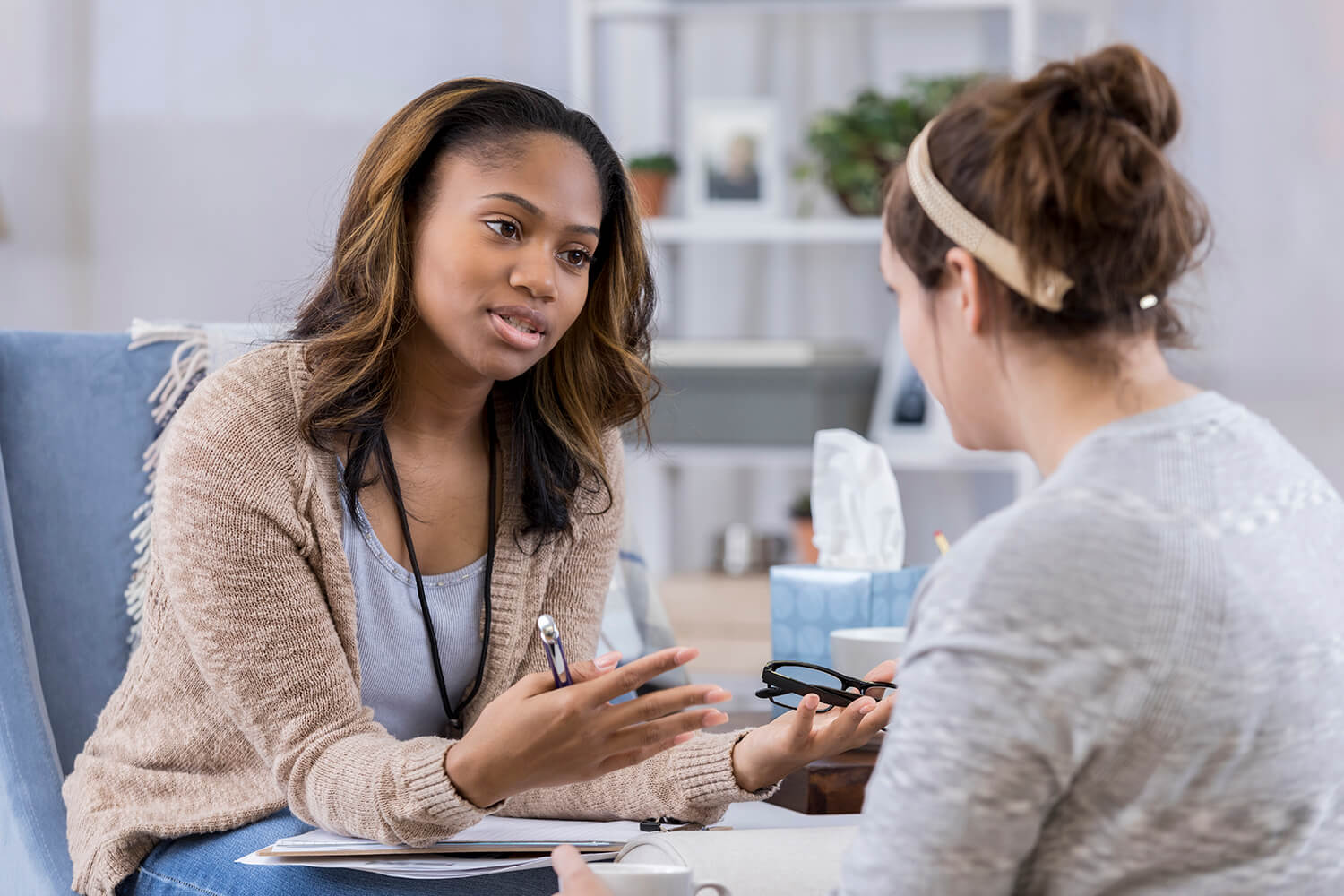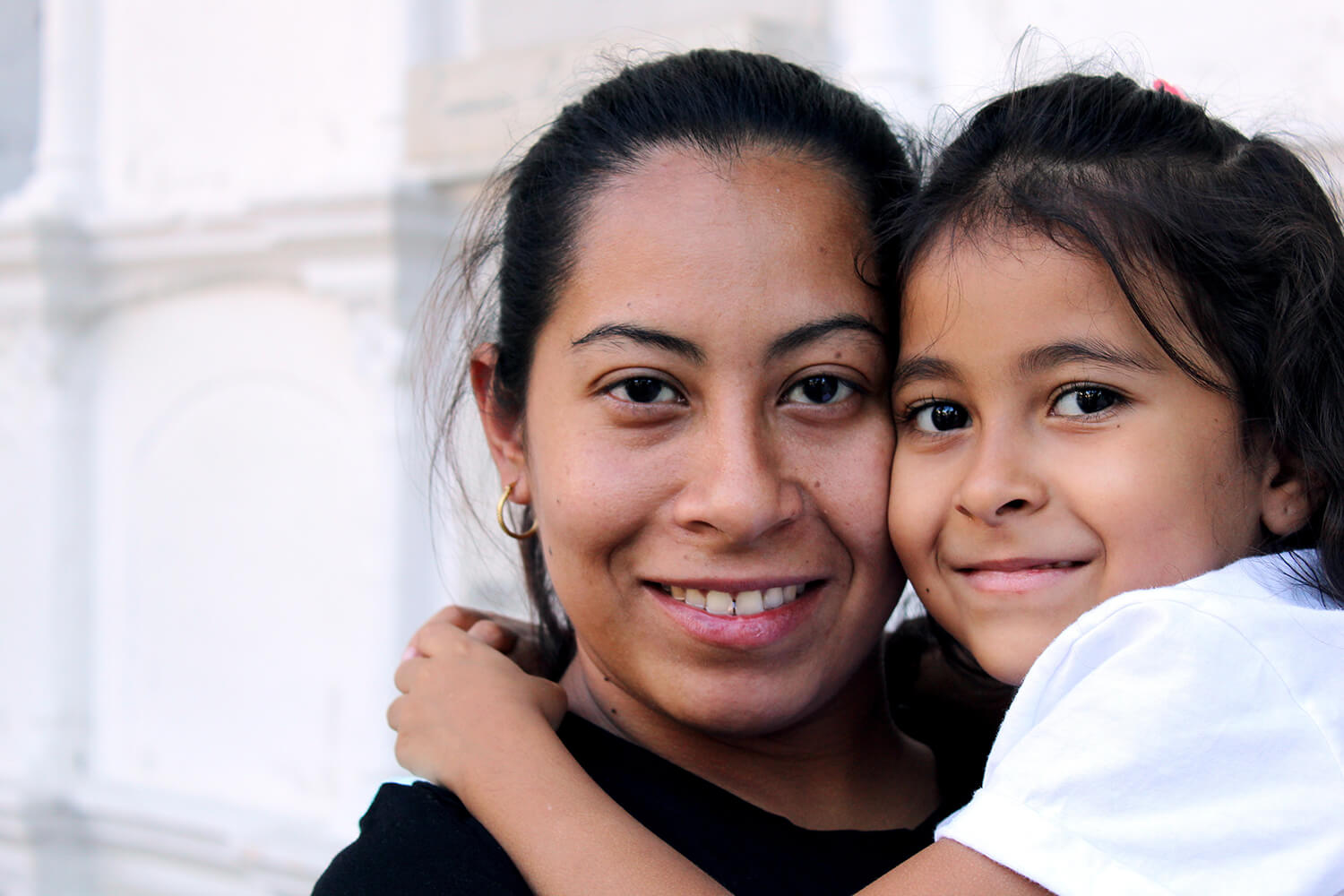How to deal with Isolation and Weight Gain Memes
As we leave lockdown, and prepare to socialise again in a new “COVID-Normal”, there has been a lot of unhelpful messaging presented in the media and online as to how our bodies may have changed during isolation.
Memes and jokes around weight gain and appearance can be very triggering for anyone with disordered eating or body image concerns. This is even more so, if these conversations are negative and position being ‘fat’ as morally bad, unacceptable or something to avoid. We know this is not true and that your worth cannot be defined by your appearance. Though it can be hard to remember this when we are bombarded by social media content that says the complete opposite.
Joking about being fat and sharing memes to this effect is essentially expressing the opinion that larger bodies are of less value than smaller bodies. Although it may not be the person’s intention, this is what is being said and heard. It’s not always done in a mean-spirited way, but rather in a way to bond and connect with friends – if you dig deeper, perhaps you may find that those who have shared these types of memes are trying to communicate something along the lines of “life has been really out of whack, my routine has changed and I want to share this strange experience with others to bond and connect’.
However, this can have very damaging effects for all, regardless of what body shape they are in. For instance, it could stoke fear for someone experiencing an eating disorder, who is terrified of gaining any weight, and it could cause intense shame and self-loathing for those in a larger body who don’t feel supported and accepted in their body.
Here’s how to handle isolation and weight gain memes, so you can stay on track with your eating disorder or body dissatisfaction recovery.
- Be mindful of the things you post
What may be really behind these posts and sharing of content, is a desire to connect with others about our experiences, stresses and worries through this unusual time. However, there are ways to do this without causing distress and harm to others, and we should all try to be mindful of the things we post during and after lockdowns. Share with sensitivity – not everything has to go online and making jokes about others’ appearance or body shape is never okay. Consider that, as we emerge from lockdowns, some people may be more sensitive than others.
- Report and block upsetting content
If something upsets or triggers you, and you feel like it is unsafe information, you can always report the content. This will then alert the social media platform to investigate, and if it is found to go against their guidelines, it will be removed. You can also block content or users, which can take immediate effect in reducing the harmful content you see.
- Perform routine maintenance on your account
If you are being continuously bombarded with memes or content that is upsetting you, it can be helpful to go through the list of accounts you follow and give it a ‘spring clean’. Unfollow accounts you are no longer interested in, or ones that make you feel down or upset. You have the power to curate your feed and make social media a safe place for your mental health.
- “What if my friends are posting content that is unhelpful, but I don’t want to offend them by unfollowing?”
While it’s always helpful to initiate conversations about content that is upsetting to you, we understand that sometimes this can be a difficult conversation to have, especially among friends. If you need to take a break from someone, but don’t want to offend them, you can “mute” them, so their content doesn’t show up in your feed. They won’t know you’ve done this, and you can always “unmute” them when the timing feels right.



















